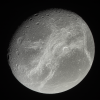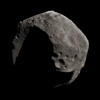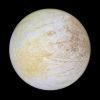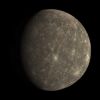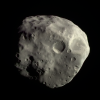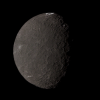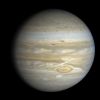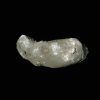Emily Lakdawalla • Dec 08, 2009
Planetary Society Advent Calendar for December 8: Itokawa
I love this asteroid. It's just so weird-looking. And yet it may be quite typical of the solar system -- there are probably many more objects in the solar system that look like misshapen, bouldery Itokawa than look like anything else ever visited by a spacecraft. In an imagined sci-fi future where astro-mining spaceships (crewed or, more plausible I think, robotic) grapple asteroids to mine them for metals or water, we'd be seeing a lot of little nameless bodies like this one.
Or perhaps not. Every time we visit an asteroid, we see something that looks completely different from the previously visited ones. And when I consider just how few asteroids have been visited compared to the thousands and thousands that are out there, I can't wait for what the next asteroid mission will discover.
Itokawa's "otter" shape was photographed by Japan's Hayabusa spacecraft from September through November 2005. All of the images were released to the public in April 2007, and I converted them and posted them all here for people to play with. I enjoy just browsing that page to see how Itokawa's rotation makes the asteroid appear all kinds of funny different shapes. This color portrait of Itokawa was created from the raw images by Ricardo Nunes.
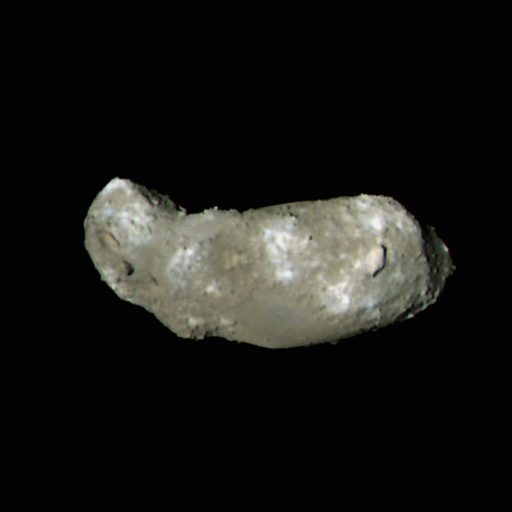
Each day in December I'm posting a new global shot of a solar system body, processed by an amateur. Go to the blog homepage to open the most recent door in the planetary advent calendar!
The Time is Now.
As a Planetary Defender, you’re part of our mission to decrease the risk of Earth being hit by an asteroid or comet.
Donate Today

 Explore Worlds
Explore Worlds Find Life
Find Life Defend Earth
Defend Earth


